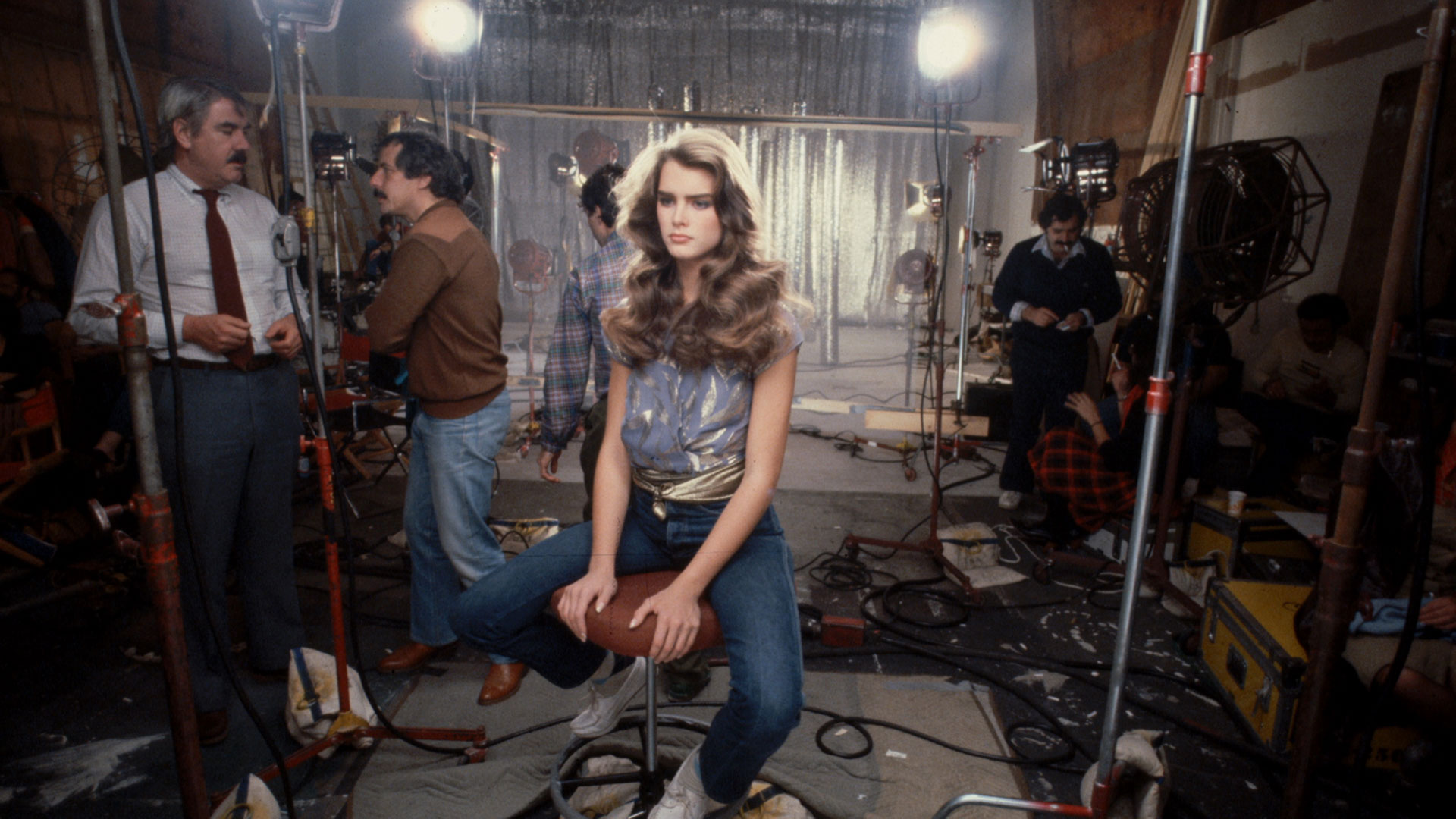While the #MeToo movement discussions may appear to have slowed down in recent years, the interest in Hollywood retrospection has not. Gone are the days when fans blindly idolized the glitz and glamor of both Old Hollywood and contemporary media, knowing that so many classics were produced on a bed of detestable morals and dirty laundry. The victims of such an industry tend to be the young, feminine muses that simultaneously become stars in the film industry’s machine, yet also suffer and regret the roles of their past because of the exploitative nature between cinema and young female actresses.
The issue is complex — actresses like Drew Barrymore and Brooke Shields survived to tell the tale of the film industry’s predatory dark side on talk shows and documentaries, though onlookers might suggest that they benefited from it insofar as they might owe their fame and financial status to their earliest acting roles. The issue is also blatantly simple: the over-sexualization and hyper-sexualization of women go hand in hand with infantilization, and that’s an issue no amount of fame or money can cure. Media portrays the feminine ideal as both impossibly young and impossibly sexy, damaging minds along the way.
To the undeveloped mind, sexual experience poses unique threats to the formation of a sense of self in early adolescence. Actors who entered Hollywood early in their life, like Drew Barrymore, often look back on their struggles with early substance abuse, eating disorders, or self-harm as issues that point back to their treatment as children in the industry that faced sexualization from both authority figures and even fans.
Sexual exploitation in media is not only dangerous to the actors facing it but it also poses a threat to the cultural landscape of the lives of people who consume the media. Movies like “Pretty Baby” (1978) and “Blue Lagoon” (1980) placed underage Brooke Shields as a nymphet sex object, or at least the fantasy of one, which if you know anything about movies and popular media — they tend to inform our fantasies of life, too. Depictions of the kind of risque and forbidden sexualization in young actresses set a baseline of toxic gender ideals, glamorized hypersexuality, and misogyny as well as an overall dangerous media landscape for the young people who consume it. This is especially feared in today’s hyper-online world of TikTok edits and Instagram Reels that capture attention for hours on end. It renders girls, even before they become women, as something to consume, a fantasy to project their desires onto.
We see film adaptations like 1997’s “Lolita” resurface a new life with the romantic aestheticization of the “coquette” vibes it offers to Gen-Z media consumers, which distorts the dangerously real story of childhood sexual exploitation into fodder for fashion and style. It’s a wonder how Hollywood managed to cast 15-year-old Dominique Swain as the coveted nymphet in yet another romanticized portrayal of the complex story knowing the threat it posed to the star of the story’s first film adaptation, Sue Lyon, who publicly commented on the detrimental effects that the role of “Lolita” had on her development as a person, and credited her lifelong mental health and addiction struggles to be sexualized as a child star in the 1960s.
Then there are current series like “Euphoria” which attempt to portray something realistic about adolescent sexuality, using adult actresses, like Sydney Sweeney, who appear to be on the cusp of sexual exploitation as her body becomes increasingly displayed throughout the episodes. Although, it could be different because she is an adult woman portraying a teenager. Or is it that different? As an adult woman, I don’t think it is necessarily an insult to her agency to also believe that she could be facing exploitation, willingly or not — the fact is she still exists in a male-dominated industry and is being offered roles that cater to the pleasures of a male gaze.
With how prevalent sexual exploitation is in media industries, it begs the question of why Hollywood thought it was a good idea to cast underage actresses to play mature roles in the first place. While casting adults to play younger roles receives its plethora of criticism, I do not think the logic to that decision is as flawed as the former method, and keeping childhood safe and innocent is more important than any artistic endeavor, in my opinion.








